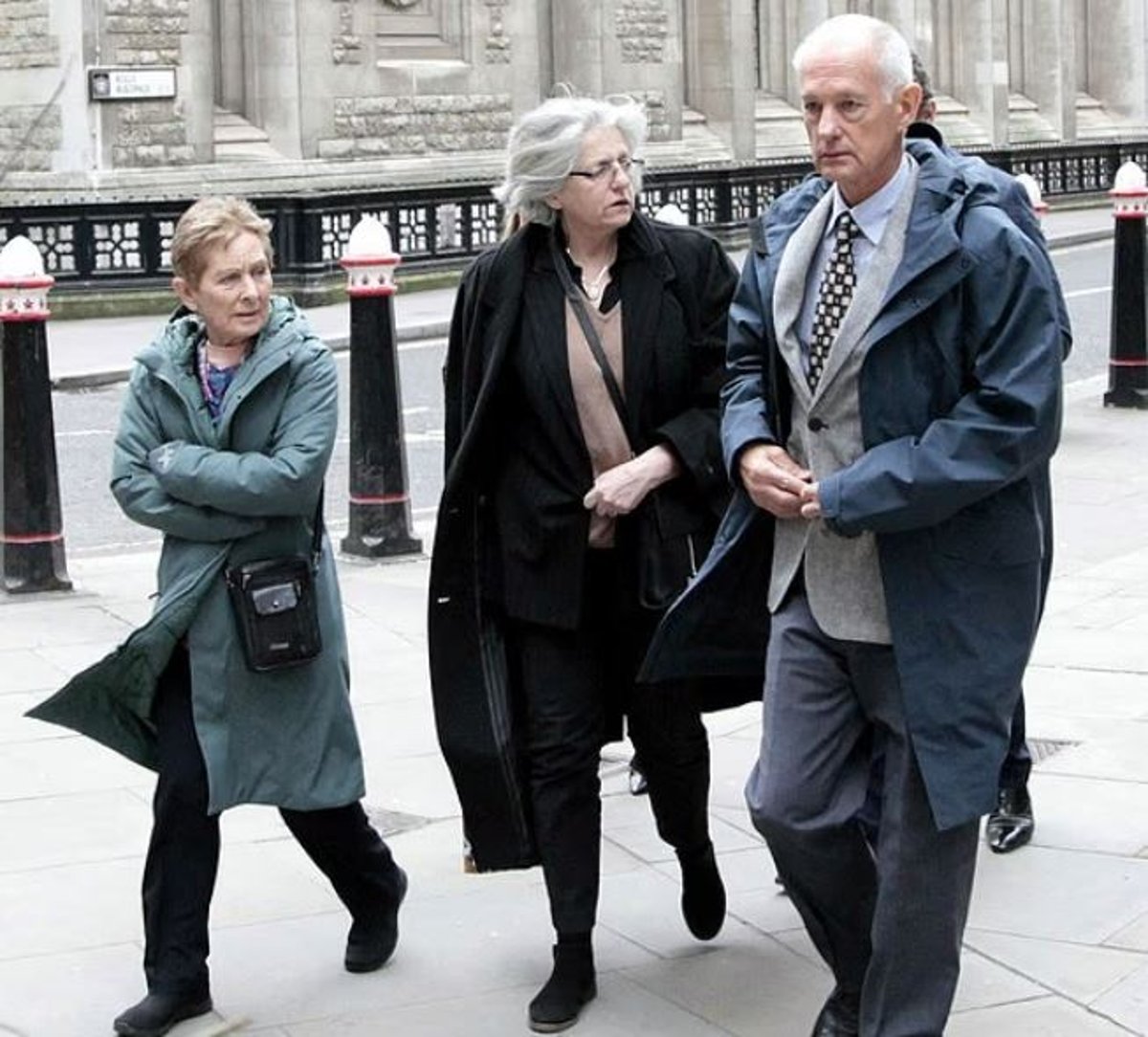
Couple Wins £500,000 After Luxury Tower Shadows Their South Bank Flat

Retired Couple Awarded £500,000 After Light Blocked by Tower Development
A retired couple has been awarded £500,000 in damages after a 17-storey office tower obstructed natural light to their home, significantly affecting their quality of life. Stephen and Jennifer Powell, who reside in a sixth-floor apartment at Bankside Lofts in London, claimed that the newly constructed Arbor tower, part of the expansive £2 billion Bankside Yards development, severely diminished the light entering their home, making it challenging for them to read comfortably in bed.
The Impact of the Arbor Tower
The Bankside Yards project is set to feature a total of eight towers, some soaring to heights of 50 storeys, with Arbor being the first to be completed between 2019 and September 2021. The construction, which cost approximately £35 million, has sparked controversy among local residents, particularly the Powells and their neighbour, Kevin Cooper, who lives on the seventh floor. The trio took legal action against the developers, seeking an injunction to prevent further obstruction of their light, raising concerns that the tower might face demolition.
Court Ruling and Its Implications
In a recent ruling delivered by Mr Justice Fancourt at the High Court, the claim for an injunction was denied. The judge reasoned that demolishing the Arbor tower would waste over £200 million and result in significant environmental harm. However, he acknowledged that the Powells’ flat had been “substantially affected” by the loss of light and ordered the co-developer, Ludgate House Ltd, to compensate the couple with £500,000, while Mr Cooper was awarded £350,000.
Justice Fancourt stated that parts of the flats had become “insufficient for the ordinary use and enjoyment of those rooms.” He expressed concern over the substantial adverse impact that the reduced natural light would have on the residents’ quality of life.
Developer’s Defence
Ludgate House Ltd contended that the tower did not significantly block enough light to warrant the claims made by the residents. Their legal representatives argued that the Powells could simply use artificial lighting to address the issue of reduced light levels in their bedroom, deeming the claimed loss as unimportant since reading in bed is typically aided by electric light.
The developers further argued that an injunction requiring the demolition of the Arbor tower would represent a gross misuse of financial and material resources. However, the judge countered that the financial implications of tearing down the building and the associated environmental damage could not be overlooked.
The Residents’ Perspective
Both Mr and Mrs Powell articulated that their primary desire was not monetary compensation, but rather to restore the natural light that they had enjoyed prior to the construction of the tower. They expressed that while their apartments remain usable and valuable, the enjoyment derived from living in them has been significantly diminished due to the loss of natural light.
Counsel for the Powells, Tim Calland, highlighted the importance of light, stating, “Light is not an unnecessary ‘add on’ to a dwelling. It provides essential benefits for health, wellbeing, and productivity.” He emphasised that the adverse effects of the tower’s construction were felt deeply by those living nearby, who have a strong connection to the natural light in their homes.
Conclusion
While the court did not grant the residents the injunction they sought, the award of damages reflects the substantial impact that the Arbor tower has had on their lives. The case underscores the ongoing tensions between urban development and residents’ rights to natural light, raising important questions about the balance between progress and preserving quality of life in densely populated areas. The Powells and Mr Cooper’s fight for their rights serves as a reminder of the significant value that light holds in our living spaces, impacting both psychological and physical wellbeing.








